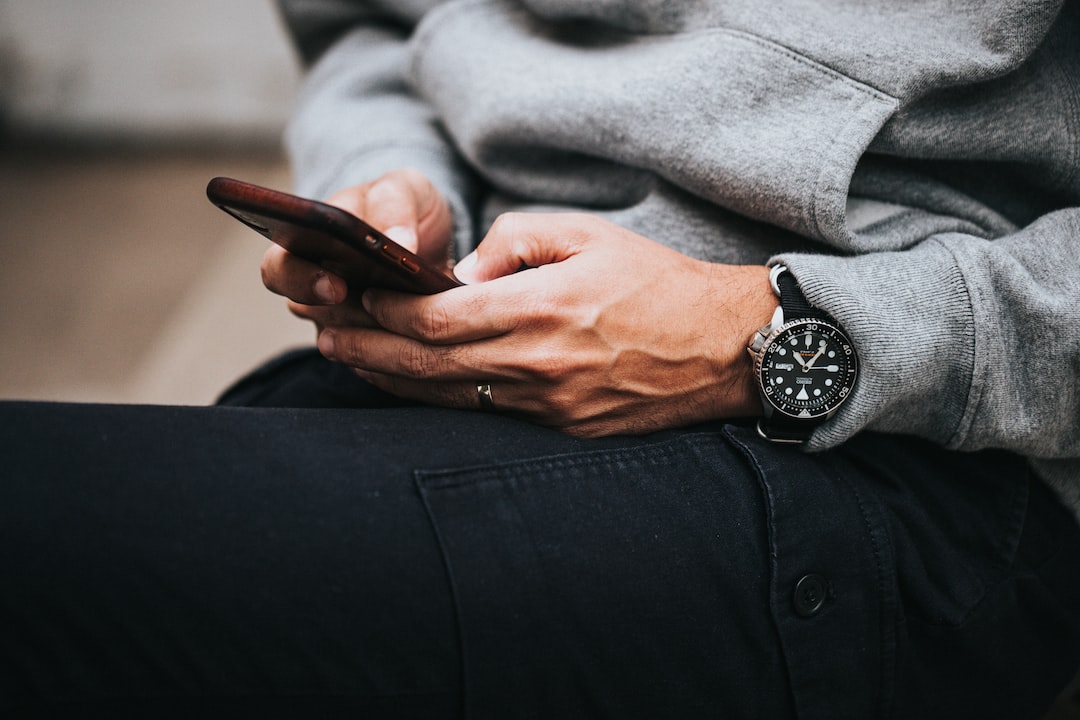The media has played a pivotal role in shaping the attitudes of the public concerning the criminal justice system. It has the power to influence the public’s perception of crime and how the criminal justice system should operate. The media is mostly made up of television networks, print publications, and social media platforms, which all have the ability to sway public opinion in different directions, particularly with the portrayal of crime in different contexts. This paper explores the influence that the media has on the criminal justice system and its implications.
The media creates the narrative that frames crime in a particular way for the public, which can have a significant impact on the criminal justice system’s policies. For instance, the media may portray individuals accused of committing crimes in a particular way, which may lead to public vilification or support. This can impact the criminal justice system in two ways; firstly, the public’s demand for punitive measures against criminals may heighten, which means that politicians may enact harsher laws and penalties. Secondly, media influence can cause people to become skeptical of the criminal justice system, which in turn can negatively affect the justice system’s ability to enforce the law.
The media can significantly influence the criminal justice system by highlighting issues of equitable justice and creating public pressure. The media can reveal cases of wrongful convictions and highlight the racial biases that have led to the overrepresentation of marginalized communities in the criminal justice system. It can also report instances of police brutality and corruption, which have triggered wide-ranging protests and calls for police reform. Such media influence can help to bring about change in the criminal justice system, such as increased transparency and accountability, more significant community involvement, and the curbing of practices that violate human rights.
The media has also been known to sensationalize crime, which leads to the portrayal of a criminal justice system that is inefficient and ineffectual. This can cause people to lose faith in the criminal justice system and take matters into their hands, contributing to a rise in vigilantism. The media’s portrayal can lead to a false perception that a particular group, such as immigrants or ethnic minority groups, is responsible for crime. This can lead to discrimination against these groups and police targeting them for unnecessary surveillance and harassment.
Another negative influence the media has on the criminal justice system is the proliferation of shows that romanticize and glorify criminals. Such programs and movies create a perception that criminal life is glamorous, exciting, and rewarding. Consequently, this can lead to people becoming criminals, which in turn increases the crime rate, and puts more people at risk.
In conclusion, the power of the media is significant, and the influence that it has on the criminal justice system cannot be undermined. The media has the potential to shape public opinion towards crime and the criminal justice system, leading to significant implications for the enforcement of justice. It is, therefore, imperative that the media engages responsibly and ethically in reporting the criminal justice system’s issues. Media should contribute to the solution rather than being part of the problem. More importantly, the public should remain critical-minded and engage in a constructive debate about the criminal justice system’s policies.

